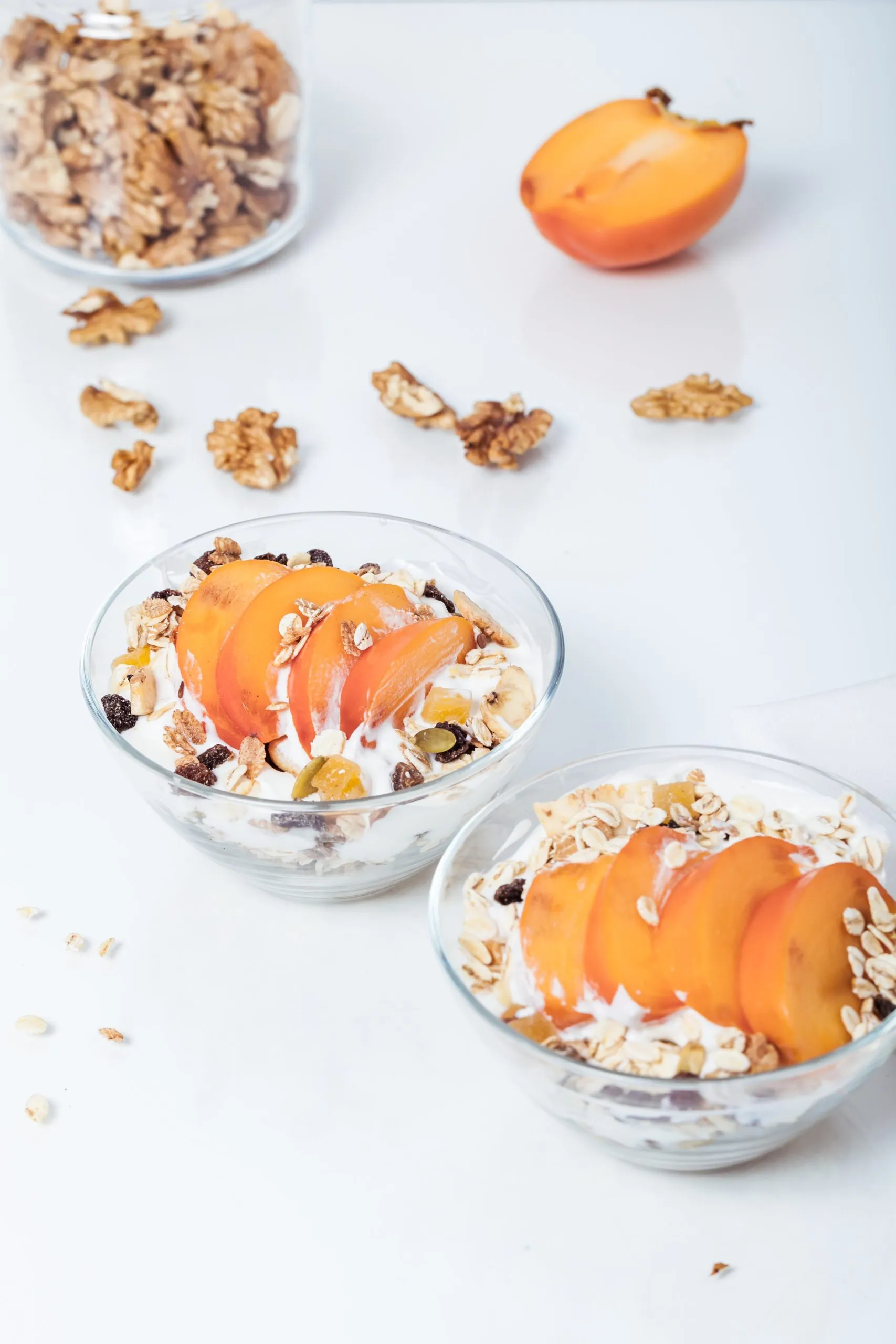Friendly bacteria promote good health
Bismillah
Our body has numerous bacteria, viruses, and other microbes. They live in various parts of our body like the gut, skin, urinary and genital areas, without causing disease.
These microbes maintain good health, may help to fight off infections, and even promote a good mood!
Studies of the human microbiome, essentially all the bugs that are present naturally in the human body, have sparked a lot of interest.
Could gut problems like diarrhea be treated by friendly bugs rather than medication?
Could we use harmless bugs to prevent serious infection by other similar, but disease-producing cousins?
What are friendly bacteria?
Bacteria are usually associated with disease and illness.
Friendly bacteria are bugs that are present in the human body but do not cause disease.
These good bugs start inhabiting our gut in the first few weeks of life. The main bugs are Lactobacillus and Bifidobacterium. Breastfed babies have more of these friendly bugs than bottle-fed babies.
As the baby is weaned, these bugs are replaced by other similar bugs and slowly the adult microbiome develops.
These friendly bugs are also called “probiotics” when taken through a diet with an intention to replenish the friendly bugs.
Probiotics are supplements of “live microorganisms which when administered in adequate amounts confer a health benefit on the host”.
Health benefits of probiotics or friendly bacteria
- Helps immune system
- Prevention of bowel diseases
- Reduces cholesterol
- Reduces blood pressure
- Maintains skin and oral health
- Helps in treatment of anxiety and depression
- Reduces risk of urogenital infection
- Treatment of postmenopausal problems
Friendly bacteria prevent disease-producing bacteria from multiplying and getting dominant in the body, especially the gut.
These friendly bugs produce hydrogen peroxide and other products that kill the bad bugs. They also prevent the bad bugs from attaching to the cells of the body.
If these friendly bugs are introduced into the body by diet, or even directly into the vagina, they replace the bad bugs.
Diarrhoea caused by rotavirus and other bacteria can be both prevented and treated by these friendly bugs.
Many studies have been conducted and are underway to study the many benefits of probiotics.
It would be a great breakthrough in the medical field to be able to treat diseases using naturally occurring bugs rather than medication, as most medications have significant side effects.
Diseases where friendly bugs have been used as prevention or treatment
- Diarrhoea – Probiotics replenish the good bacteria of the gut. When we take antibiotics, the antibiotic kills some of the good bacteria in the gut causing an imbalance between the good and the bad bacteria. Probiotics are recommended to be taken with antibiotics so that the good bacteria are replaced.
- Sepsis – Severe infection with bugs is called sepsis. Many organs of the body get affected and can stop functioning. Severe infection of the pancreas is associated with sepsis. Probiotics can help in treatment of sepsis. along with other medication.
- IBD– Inflammatory Bowel Diseases like Crohn’s and Ulcerative Colitis have been treated with probiotics.
- Allergy and asthma – These diseases are caused by an exaggerated immune response to some substances like allergens. Probiotics can help regulate the immune response.
- Immunity– Immunity generally declines with age. Probiotics have a positive effect in increasing all forms of immune response to diseases, helping the body to fight off infection.
- Cancer-There is some evidence that probiotics may reduce the chances of developing colon cancer and breast cancer. Also there may be a role of probiotics in preventing cancer from coming back after treatment.
- Cholesterol – Probiotics have cholesterol lowering properties.
- Lactose intolerance – People with lactose intolerance show improvement in symptoms when they take probiotics.
- IBS (Irritable Bowel Syndrome) Probiotics help with symptoms like pain and bloating. Bugs can produce gas and also consume gas in the gut. Probiotics confers an advantage by increasing gas consuming bugs.
- COVID 19 – Some small studies show advantage of probiotics in preventing lung infections and also Coronavirus from establishing in the lung and causing serious disease. Probiotics have anti-viral effects in addition to anti-bacterial effects.
Probiotics are live microorganisms that have a beneficial effect on the host when administered in adequate amounts.
Natural sources of probiotics:
- Natural yoghurt
- Kimchi
- Sauerkraut – Shredded cabbage fermented by lacic acid.
- Tempeh – Fermented soyabean
- Miso – A fermented japanese seasoning.
- Kombucha – A fermented black or green tea drink
- Pickled cucumbers or Gherkins
- Buttermilk
- Cheese- Cheese with live and active cultures are a good source of probiotics.
Prebiotics are substances that are selectively utilized by host microorganisms leading to the growth of healthy bacteria in the gut.
Natural sources of prebiotics:
- Garlic
- Onions
- Asparagus
- Leeks
- Banana
- Barley
- Oats
- Apples
- Flaxseed
- Wheat bran
- Sea-weed
Eat your way to a healthier you
Incorporating probiotics and prebiotics in your diet can help in warding off diseases and also the treatment of many conditions, along with other medication.
Exciting new study
Friendly bacteria were administered as nose drops. These bacteria prevented the development of meningitis caused by Neisseris meningitidis, one of the most dangerous forms of meningitis that takes many lives.
“This work has shown that it is possible to protect people from severe diseases by using nose drops containing genetically modified friendly bacteria,” says Robert Read, a professor of infectious diseases at the University of Southampton in the UK.
“We think this is likely to be a very successful and popular way of protecting people against a range of diseases in the future.”
